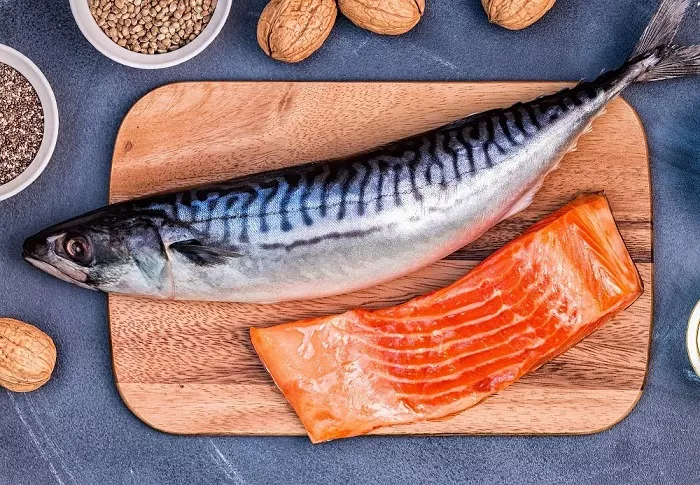From beauty blogs to nutrition experts, fish is often hailed as a superfood for achieving stronger, shinier hair. But is this a scientific fact or just another health trend? According to dermatologists and nutrition researchers, the link between fish consumption and hair health may be more than skin-deep—but it’s not quite a miracle cure either.
Fish and Hair: What’s the Connection?
Fatty fish like salmon, sardines, and mackerel are packed with nutrients known to support hair health. These include:
Protein, which provides the building blocks for keratin—the structural protein that makes up your hair.
Omega-3 fatty acids, known to nourish the scalp, reduce inflammation, and potentially prevent the shrinking of hair follicles.
Vitamin D, which helps regulate hair follicle cycling and may assist in promoting regrowth.
Iron and zinc, which support follicle strength and reduce hair breakage.
B vitamins, including biotin and B12, which are essential for cell regeneration and strand durability.
Given this impressive nutrient profile, it’s no surprise that many dermatologists recommend including fatty fish in a balanced, hair-friendly diet.
What the Research Really Says
Though there’s no single food that guarantees rapid hair growth, scientific studies do support some of the claims:
A 2015 study published in the Journal of Cosmetic Dermatology found that omega-3 and omega-6 fatty acid supplements helped improve hair density and reduce excessive shedding.
A 2020 article in Dermatology Practical & Conceptual linked vitamin D deficiency to alopecia and sluggish hair regrowth—highlighting fish as a rare natural source of this crucial nutrient.
However, it’s worth noting that many of these studies rely on concentrated supplements rather than diet alone. That means while fish can certainly contribute to better hair health tips, it works best as part of a broader wellness routine.
When Fish Won’t Help
Despite its benefits, fish isn’t a fix-all for hair loss. Conditions such as genetic baldness, thyroid disorders, PCOS, or autoimmune diseases like alopecia areata require medical treatment and can’t be reversed by diet alone.
Additionally, overconsumption of high-mercury fish (like swordfish and some tuna) can negatively affect your health and even contribute to hair loss. Moderation is key—experts recommend enjoying low-mercury, oily fish two to three times a week for optimal benefit.
If you’re already consuming a balanced diet rich in protein, iron, and healthy fats through other sources like eggs, leafy greens, and legumes, adding more fish may not produce noticeable changes in hair growth.
So, does eating fish increase hair growth? The answer lies somewhere in the middle. Including fish in your weekly meals can support scalp and follicle health, but it won’t dramatically alter your hair overnight. Think of it as a valuable part of a more comprehensive approach that includes hormone balance, stress management, proper hydration, and smart grooming habits.
For those with dietary restrictions, plant-based alternatives like walnuts, flaxseeds, chia seeds, and seaweed offer similar hair-nourishing benefits.
Bottom line: Fish can be a powerful ally in your hair care routine—just don’t expect it to work alone. When paired with other hair health tips, it becomes a meaningful step toward achieving fuller, healthier hair.
Related Topics:
- Deobandi Cleric Declares Wigs, Tattoos Against Sharia
- How Alopecia Areata Can Impact Mental Health—and What You Can Do About It
- Finasteride for Hair Loss Linked to Severe Side-Effects


